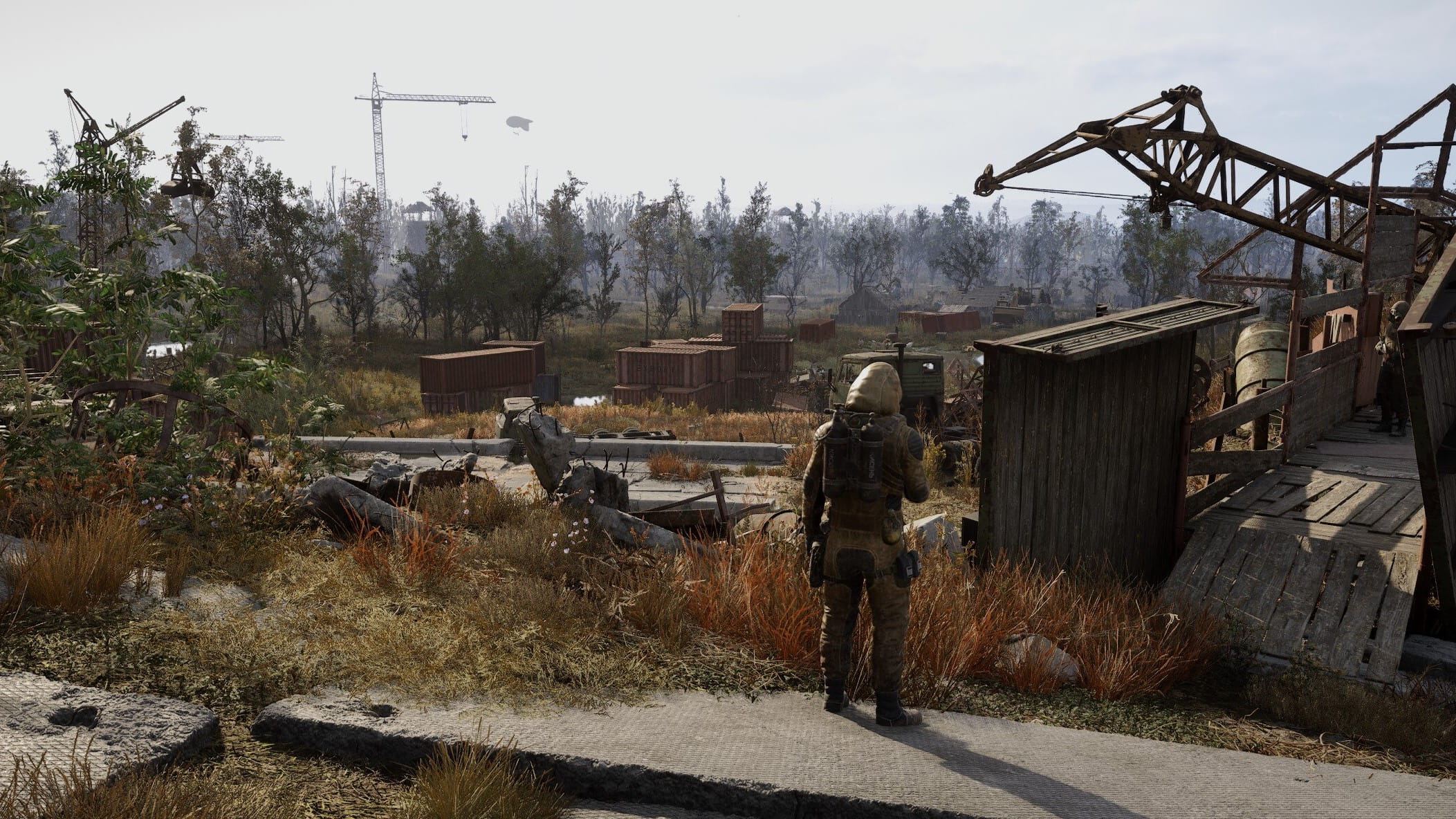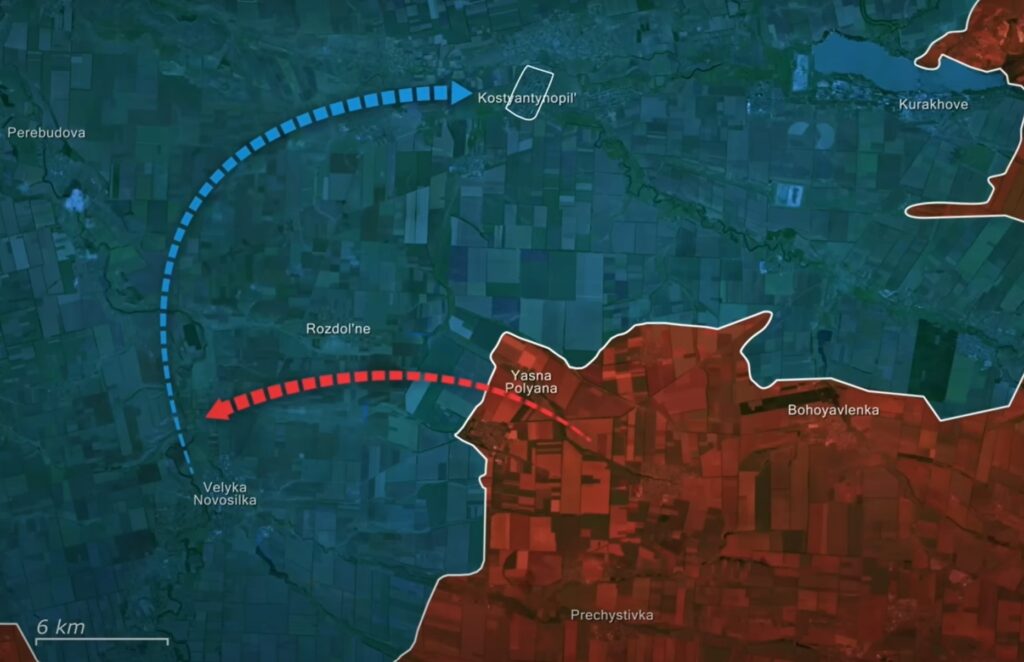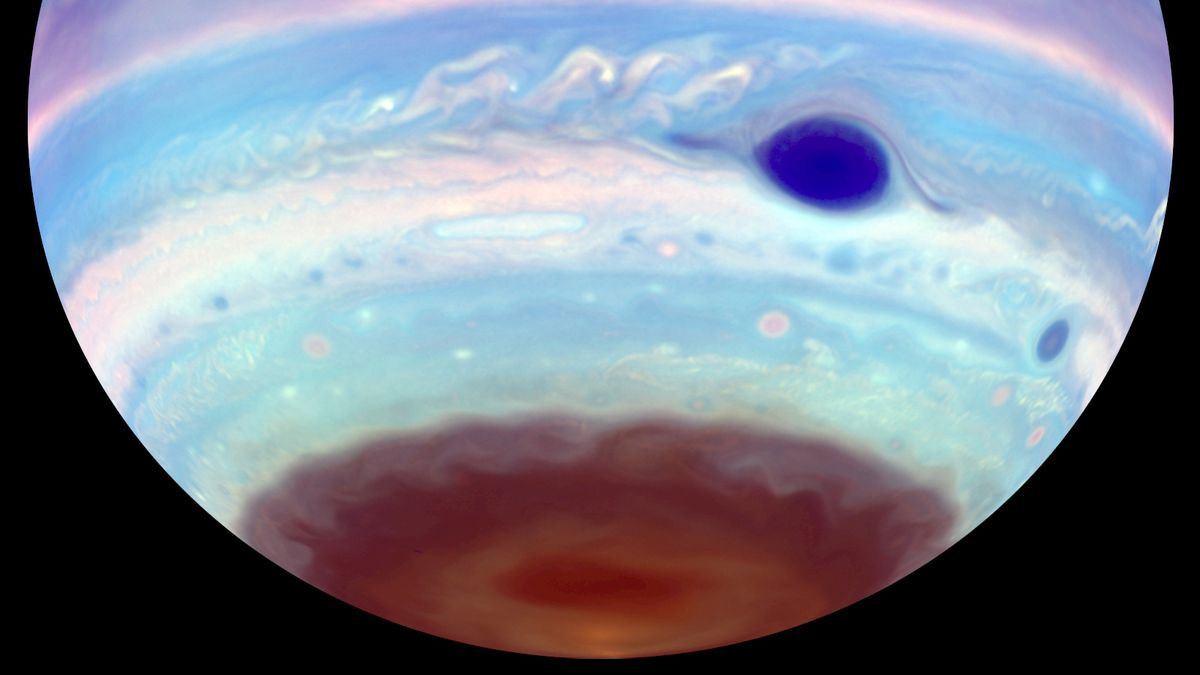Chinese officials have reportedly urged Iranian counterparts to help prevent attacks on ships in the Red Sea by the Iran-backed Houthis, warning that it could negatively impact their business relations. The discussions took place during recent meetings in Beijing and Tehran. According to four Iranian sources and a diplomat familiar with the matter, the talks focused on the attacks and the trade between China and Iran. The sources, who spoke on condition of anonymity, did not provide specific details about the meetings and attendees.
The attacks on ships, claimed by the Houthis to be in support of Palestinians in Gaza, have disrupted a crucial trade route between Asia and Europe, impacting shipping costs and insurance. Chinese officials did not make any explicit comments or threats about potential repercussions to their trading relationship with Iran in the event of harm to their interests due to Houthi attacks, as per the Iranian sources.
Despite being Iran’s largest trading partner, the trade relationship with China is skewed. Last year, Chinese oil refiners purchased over 90% of Iran’s crude exports, while Iranian oil only accounted for 10% of China’s crude imports. As such, while Beijing made it clear that it would be disappointed if any vessels linked to China were hit, Iran’s regional alliances and priorities also heavily influence its decision-making.
China’s foreign ministry emphasized its commitment to promoting regional security and stability in the Middle East. However, it was not immediately available to comment on the specific discussions with Iran regarding the Red Sea attacks.
The Houthis, armed and supported by Iran, have control over a significant portion of Yemen, including the Red Sea coast. Despite military strikes by the US and Britain on Houthi targets, the attacks on shipping have persisted. The group is part of Iran’s anti-West, anti-Israel “Axis of Resistance.”
The US has reportedly asked China to leverage its influence with Iran to persuade the country to restrain the Houthis. However, discussions between Chinese and Iranian officials did not include any mention of requests from Washington.
China’s foreign minister Wang Yi has called for an end to attacks on civilian ships in the Red Sea and the maintenance of supply chains and the international trade order. Chinese experts highlighted the significant impact of shipping disruptions and stressed the need to restore stability in the Red Sea. They also pointed out that China views Israel’s treatment of the Palestinians as the root cause of the crisis in the Red Sea and would not publicly ascribe blame to the Houthis.
China has been reportedly engaging in discussions with Iran to address the issue, although it remains unclear how seriously Tehran is considering Beijing’s advice. Meanwhile, analysts suggested that China’s potential leverage over Iran, owing to its oil purchases and Iran’s hopes for increased Chinese direct investment, has not been fully utilized by China yet.
The Houthis, in response to claims that Iran had not conveyed any message from China about scaling back attacks, stated that they would not expect to be informed of such a request, emphasizing Iran’s support for Yemen and its condemnation of American-British strikes on the country.
The discussions hold significant implications for Iran, as China could provide the much-needed investment for the country’s oil sector, influencing its geopolitical decisions. However, while there are strong economic ties between China and Iran, Beijing’s influence on Tehran’s decisions is not absolute, given Iran’s other geopolitical considerations and the complex interplay of factors that shape its decisions.
Ultimately, Iran’s partnerships, regional priorities, and ideological considerations heavily influence its decisions and messaging concerning the Houthi attacks and the Gaza war. While implications of China’s stance on these issues cannot be ignored, Iran’s alliances and nuanced strategic approach remain critical factors in its decision-making.
China Urges Iran to Control Houthi Attacks in Red Sea, Sources Say













